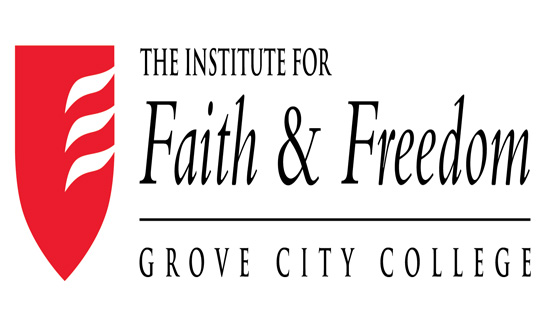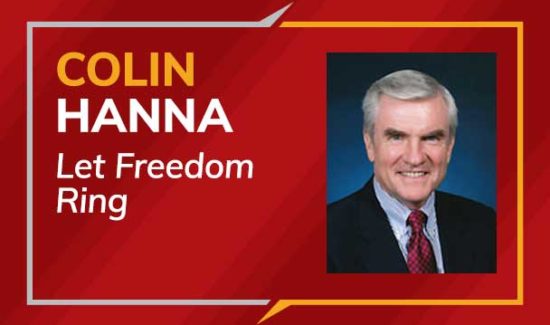Tom Paine on Education
One does not ordinarily think of Tom Paine when considering education
or schools. As the author of Common Sense and the American Crisis
papers, he was a revolutionary, not only a radical in the eyes of the English,
but a traitor. In The Age of Reason he wrote about religion, much to his
own detriment. Although he wrote, "I believe in one God, and no more; and I
hope for happiness beyond this life," Theodore Roosevelt labeled him forever
as "a dirty little atheist," as others, in fact, had done in his lifetime
(1737-1809.)
As for education, in Part 2, Chapter 5 of The Rights of Man, he
places himself squarely in the company of Adam Smith and Thomas Jefferson, among others, when he urged the education of students by providing for the costs of their schooling directly through the students themselves. While the
term "voucher" didn’t come into common usage until after its introduction by
Milton Friedman in the 1950s, the concept is the same.
Margaret G. O’Donnell, in her book The Educational Thought of the
Classical Political Economists, said Paine "suggested that each pupil be
supplied by the state with an educational allowance…for the expense of
schooling for six years each…The children (through their parents) would be
permitted to spend their school allowance in whatever school they found most
desirable. This ‘voucher’ scheme would promote a healthy competition among
schools since consumer choice would determine the success and profitability
of an educational institution."
In Paine’s words, "…there will still be a number of families
who…find it difficult to give education to their children, and such children,
under such a case, would be in a worse condition than if their parents were
actually poor. A nation under a well regulated government should permit
none to remain uninstructed. It is monarchical and aristocratical
government, only, that requires ignorance for its support."
"Public schools do not answer the general purpose of the poor…(Remember that Jefferson also believed in education but had little use for the
schools, which he termed "petty academies." Ed note.) Education, to be
useful to the poor, should be on the spot and the best method, I believe, to
accomplish this, is to enable the parents to pay the expenxe themselves with
the aid mentioned above. There are always persons of both sexes to be
found in every village…capable of such an undertaking…Whatever is given on
this account to children answers two purposes, to them it is an education,
to those who educate them it is a livelihood."
"It is certain that if the children are provided for, the parents are
relieved of consequence, because it is from the expenxe of bringing up
children that their poverty arises…I proceed to the mode of relief or
distribution, which is, To pay as a remission of taxes to every poor family, out of the surplus taxes…four pounds a year for every child under fourteen
years of age; enjoining the parents of such children to send them to school,
to learn reading, writing, and common arithmetic; the ministers of every
parish, of every denomination, to certify jointly to an office, for that
purpose, that this duty is performed."
It is interesting to observe that at that time (1792), which was
still the days of the nation’s Founding Fathers, and the nearly new government
and Constitution, there was no thought of Separation of Church and State –
and by an alleged atheist at that. In fact the expression "Separation of
Church and State does not occur in the U.S. Constitution and only appeared
years later in a personal letter by Thomas Jefferson. Even then did not
become a major issue until it was in the Supreme Court’s Everson decision in
1947.
Paine’s conclusion was that "By adopting this method, not only the
poverty of the parents will be relieved, but ignorance will be banished from
the rising generation, and the number of poor will hereafter become less,
because their abilities, by the aid of education, will be greater. Many a
youth, with good natural genius…is prevented getting forward the whole of
his life, from the want of a little common education when a boy."





